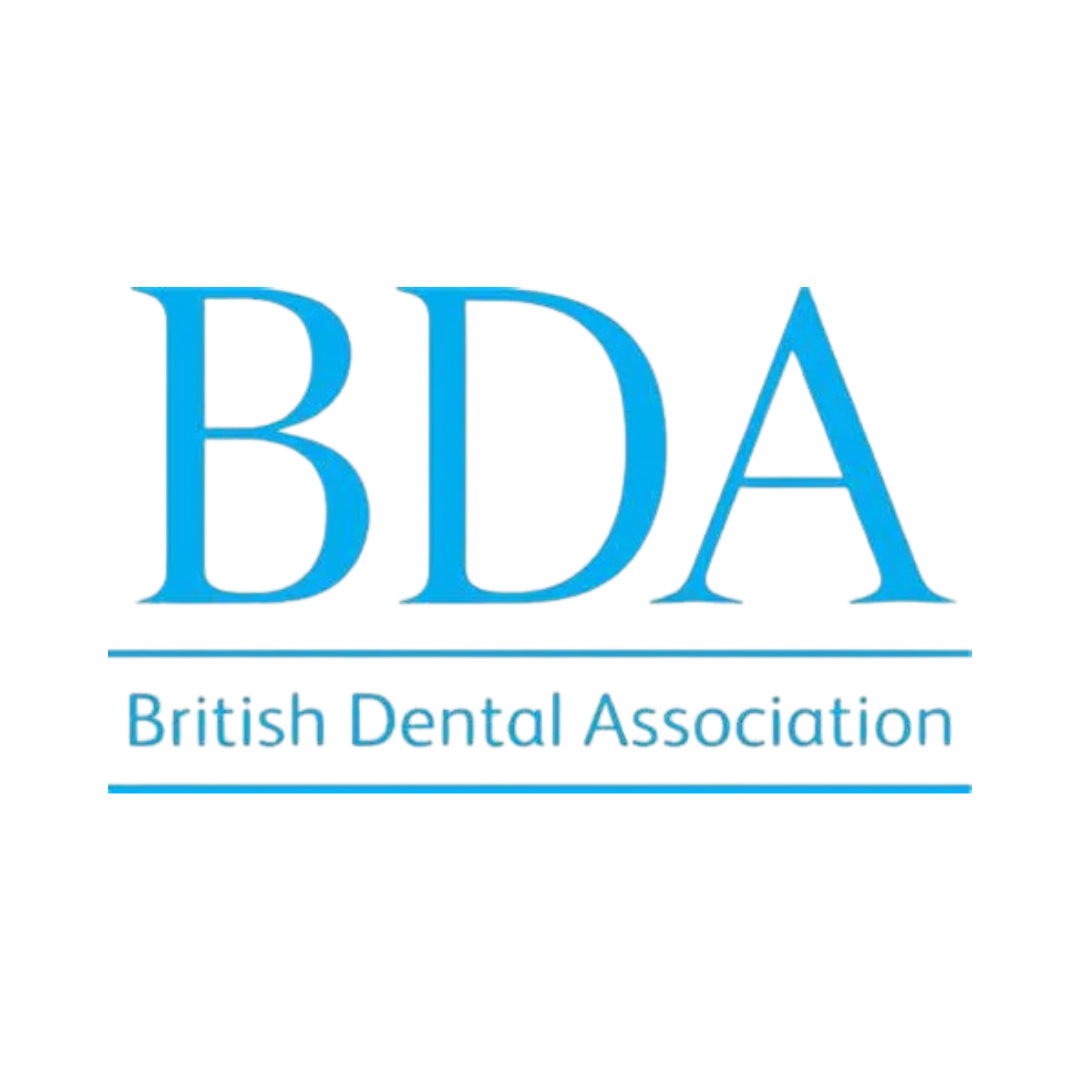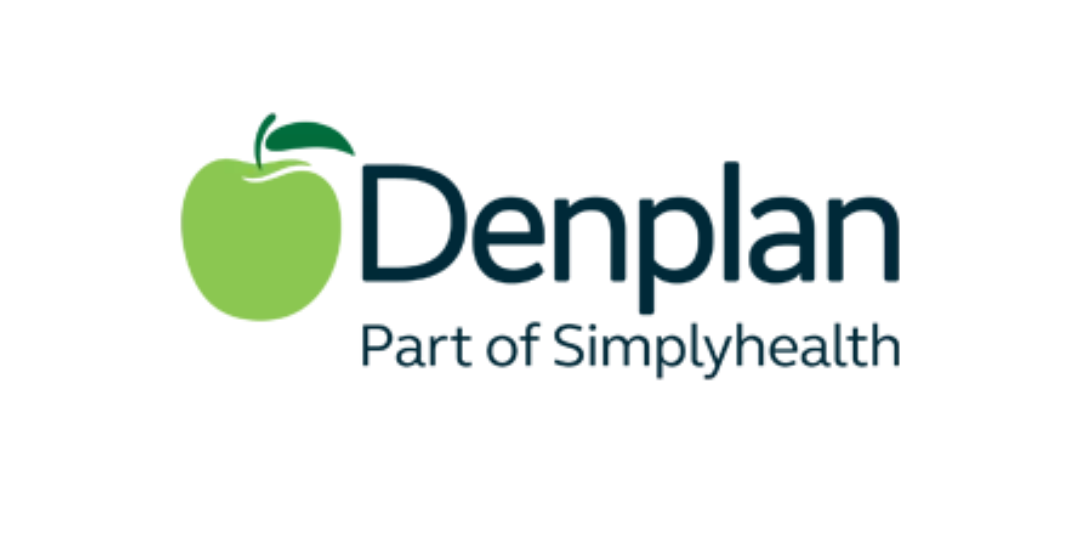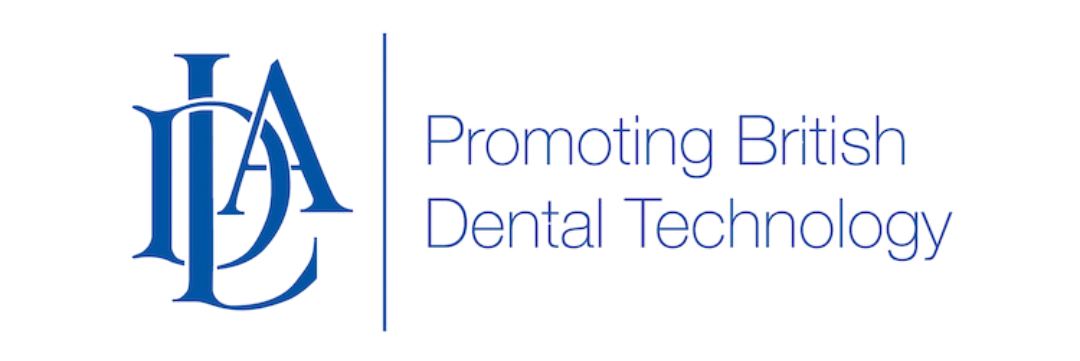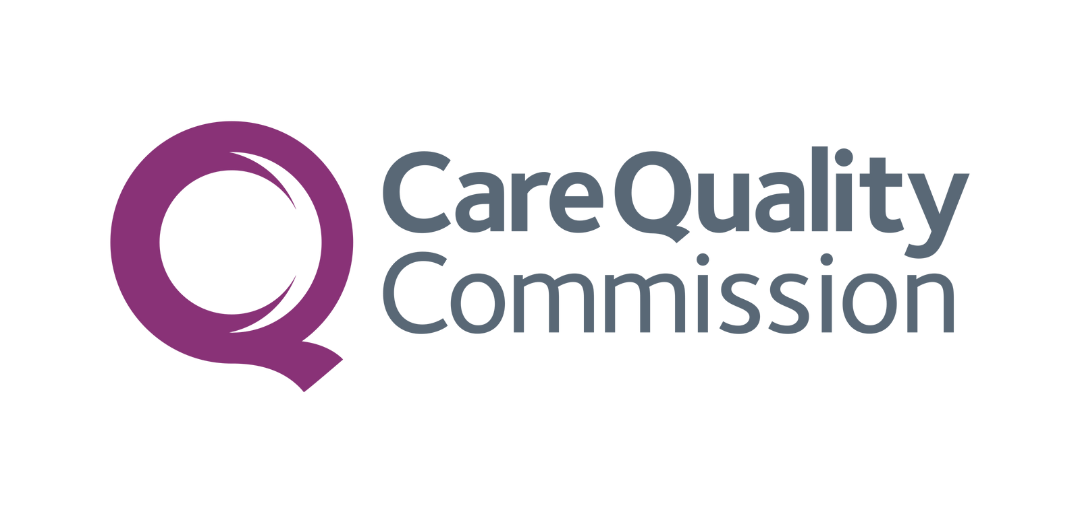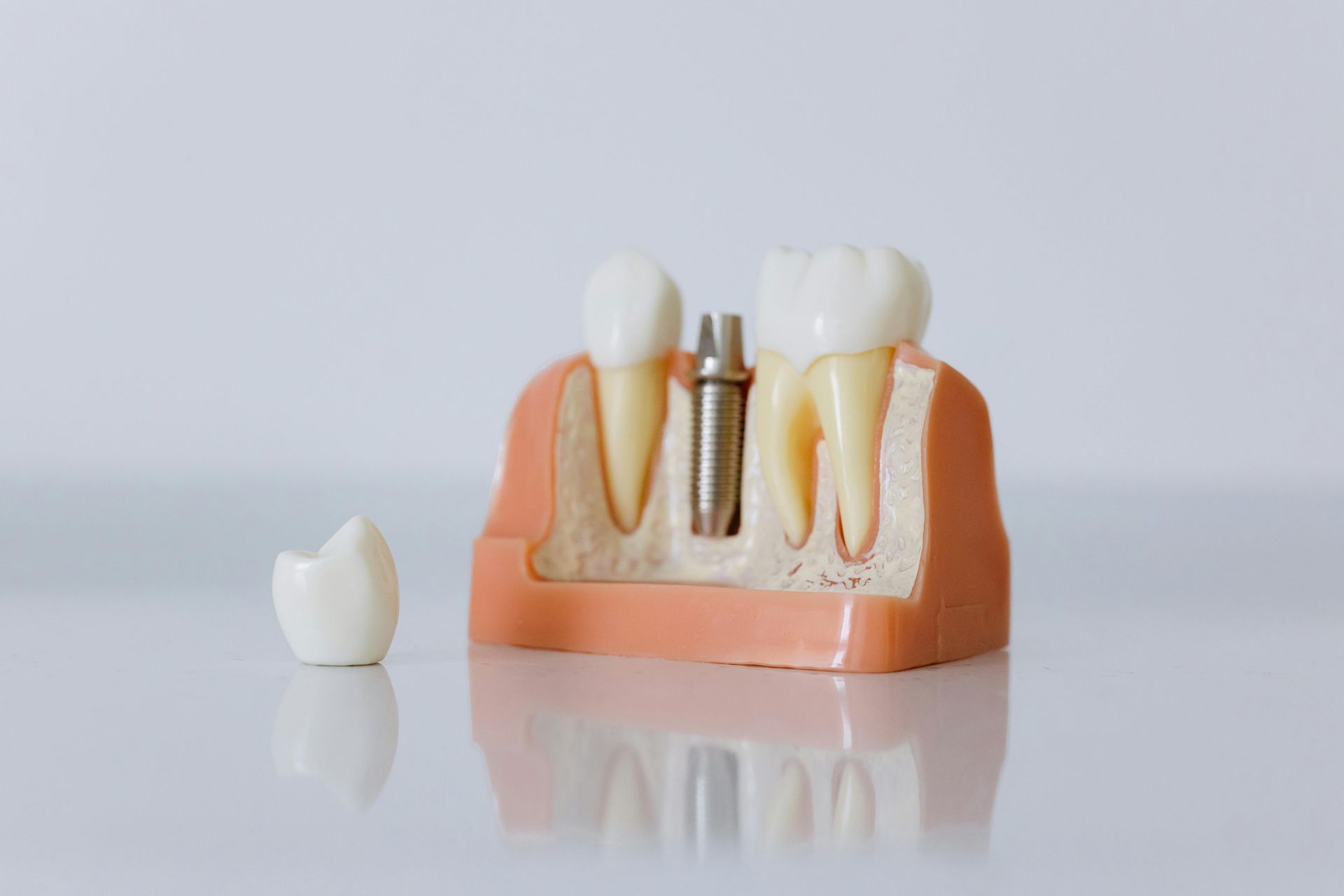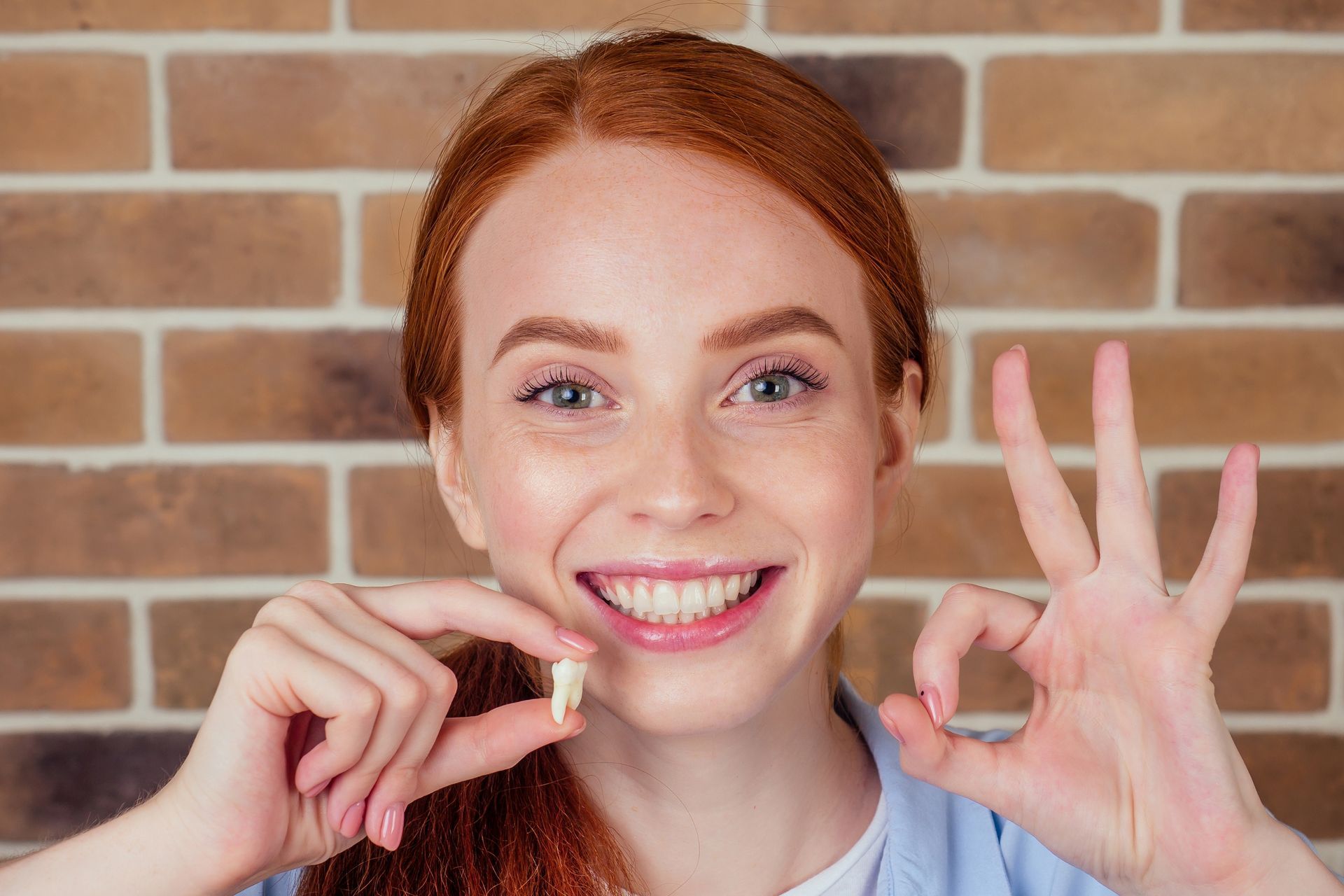
Tooth Extraction in London
Your oral health is our priority, and we’re here to keep your smile thriving. Tooth extraction in London involves removing a tooth when it can’t be saved due to damage, decay, or infection. At our London dental practice, we understand that the idea of tooth extraction can feel unsettling. Our caring London dentists, like the one who helped Mark, a local barista, relieve pain from a cracked tooth, will guide you through the process with warmth and expertise to ensure your comfort.
Tooth Extraction in Ealing
Your oral health is our priority, and we’re here to keep your smile thriving. Tooth extraction in Ealing involves removing a tooth when it can’t be saved due to damage, decay, or infection. At our Ealing dental practice, we understand that the idea of tooth extraction can feel unsettling. Our caring Ealing dentists, like the one who helped Mark, a local barista, relieve pain from a cracked tooth, will guide you through the process with warmth and expertise to ensure your comfort.
When Is a Tooth Extraction Necessary?
Our Ealing dentists always aim to save your tooth with treatments like fillings, crowns, or root canals. However, extraction may be needed if:
- The tooth is too damaged to repair.
- There’s a deep crack or fracture.
- Extensive decay, infection, or tooth mobility is present.
- Your mouth is crowded, causing alignment issues.
- Extraction is the best way to protect your oral health.
What About Wisdom Teeth?
Wisdom teeth often cause trouble by growing awkwardly, leading to pain, crowding, or damage to nearby teeth. Wisdom tooth extraction can differ from standard extractions due to their position. Your Ealing dentist will explain the process, ensuring you feel confident and supported.
Our Ealing dentists always aim to save your tooth with treatments like fillings, crowns, or root canals. However, extraction may be needed if:
- The tooth is too damaged to repair.
- There’s a deep crack or fracture.
- Extensive decay, infection, or tooth mobility is present.
- Your mouth is crowded, causing alignment issues.
- Extraction is the best way to protect your oral health.
What About Wisdom Teeth?
Wisdom teeth often cause trouble by growing awkwardly, leading to pain, crowding, or damage to nearby teeth. Wisdom tooth extraction can differ from standard extractions due to their position. Your Ealing dentist will explain the process, ensuring you feel confident and supported.
What Is a Tooth Extraction?
What to Expect During Your Visit
Aftercare & Healthy Habits
What Is a Tooth Extraction?
Tooth extraction is a common dental procedure used to safely remove a tooth that’s damaged, infected, or causing alignment problems. It’s often considered a last resort when other treatments like fillings or root canals aren’t suitable.
At SSS Clinic, our gentle approach to tooth extraction in Ealing ensures you’re comfortable, informed, and fully supported every step of the way. Whether it’s a severely decayed molar or a problematic wisdom tooth, your care is tailored to your needs.
Take Mark, a local barista, for example—he came to us in severe pain due to a cracked tooth. After a smooth extraction, his discomfort was gone, and he was back at work within days. If you're dealing with persistent pain, swelling, or tooth mobility, a consultation with a dentist in Ealing can help determine the best solution.
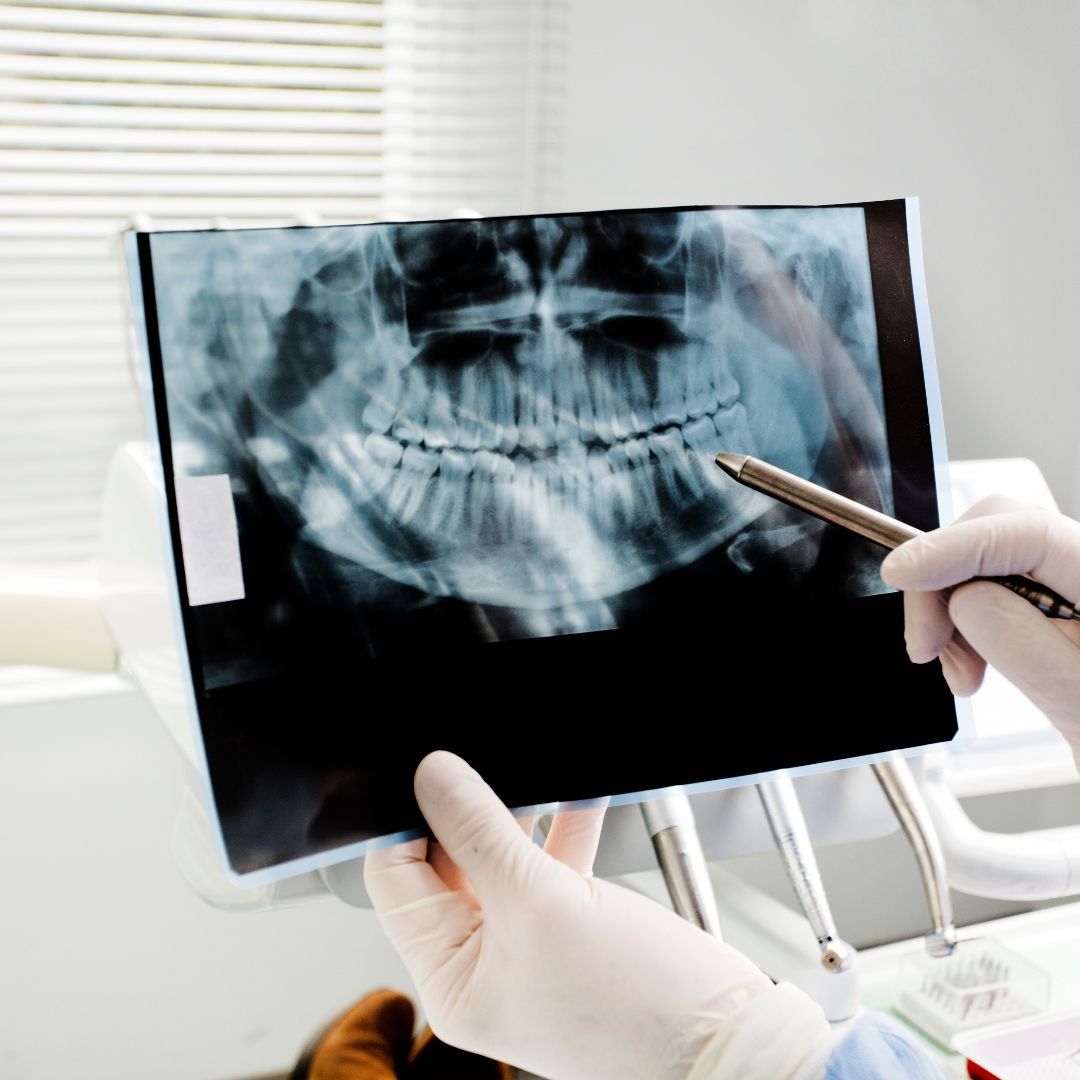

Your treatment journey starts with a detailed consultation. Your Ealing dentist will assess your teeth, take X-rays if needed, and talk you through the options. If an extraction is necessary, we’ll explain the process clearly so you know what to expect.
Here’s what the procedure typically involves:
- Local anaesthetic to numb the area and ensure you don’t feel pain.
- Tooth removal, either simple or surgical, depending on its condition and location.
- Optional sedation, especially for anxious patients.
- Stitches may be needed for surgical extractions.
The appointment usually lasts 30–60 minutes. Wisdom teeth, broken roots, or infected teeth may take longer. If sedation is used, we’ll ask that someone accompany you to and from the clinic.
What to Expect During Your Appointment
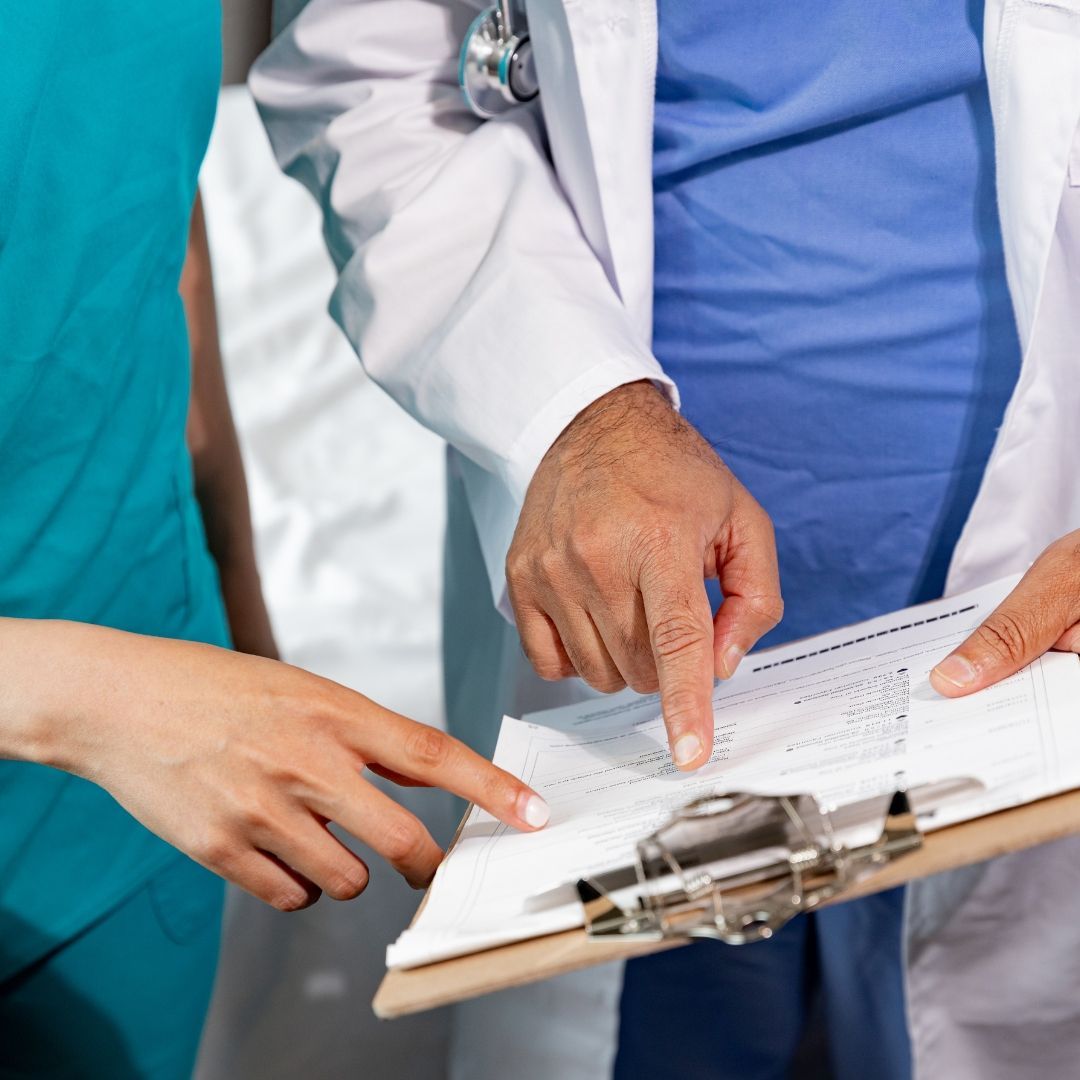
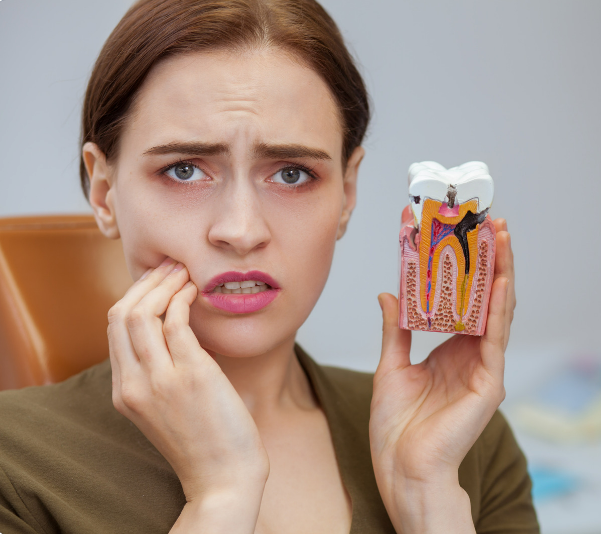
Aftercare & Ongoing Visits
Following your tooth extraction, proper aftercare is essential for fast, comfortable healing. Here’s how to recover smoothly and avoid complications like dry socket:
DO:
- Rest at home for 1–2 days
- Use an ice pack to reduce swelling
- Eat soft foods (e.g. yoghurt, soup, mashed potatoes)
- Rinse gently with warm salt water after 24 hours
- Take prescribed or over-the-counter pain relief
DON’T:
- Smoke for at least 72 hours
- Use straws or spit forcefully
- Eat hot, spicy, or crunchy foods too soon
- Skip your follow-up appointment
Your dentist in Ealing will guide you with clear instructions, and we’re always available if you have questions during recovery. Most patients feel significantly better within 3–5 days and fully healed in about 1–2 weeks.
Call Now & Book your appointment
Simple Booking
Easy online, phone or WhatsApp appointment scheduling.
Friendly Experts
Skilled, caring team focused on your comfort and care.
Modern & Calm
State-of-the-art clinic in a relaxed, welcoming space.
Results That Last
Personalised treatments designed for natural, long-term results.
NEED TO KNOW
Appointments
At your consultation, your Ealing dentist will listen to your concerns, examine your teeth, and discuss treatment options. If extraction is needed, we’ll schedule additional appointments. Expect at least two visits, though urgent cases, like severe pain, may require immediate care.
How Long It Takes
Appointments typically last 30–60 minutes, depending on the number of teeth, your medical history, and individual needs.
You May Be Asked About
- Your dental and medical history.
- Symptoms, like pain or sensitivity.
- Your need for sedation or general anaesthetic.
- Your daily oral care routine.
- Whether you want to replace the extracted tooth.
Before Your Appointment
No preparation is needed for the consultation. For the extraction, your dentist in Ealing may advise:
- Taking prescribed pre-procedure medication.
- Arranging a lift to and from your appointment.
- Eating beforehand (unless sedation is used).
- Having over-the-counter painkillers ready at home.
After Your Appointment
Your Ealing dentist will provide clear aftercare instructions to speed up recovery. Follow these tips:
Do:
- Use an ice pack to reduce swelling for the first 48 hours.
- Eat soft foods like porridge or yoghurt.
- Rinse with warm salt water starting the day after surgery.
- Be cautious with hot foods and drinks.
- Rest for a few days.
- Take painkillers as advised.
Don’t:
- Smoke for at least three days, ideally longer.
- Eat hard or crunchy foods.
- Rinse, spit, or use a straw, as this can dislodge the blood clot.
Some swelling and discomfort are normal. Rest at home for a few days to aid healing.
Your Trusted Dentist in Ealing
Book Your Dental Appointment in Ealing Today
Don’t let tooth pain disrupt your life. Our skilled Ealing dentists provide gentle, expert tooth extraction in Ealing to restore your oral health. Contact us today to book a consultation with a trusted dentist in Ealing.
FAQs
How long does recovery take after a tooth extraction?
Simple tooth extractions typically heal in 7–10 days, though healing can take up to two weeks for more complex cases like wisdom teeth. Full tissue repair may take several weeks.
Will the extraction be painful?
No—you’ll receive local anaesthetic to numb the area. Afterward, mild discomfort and swelling is common but should ease within a few days. Noticing worsening pain or unusual symptoms? Contact your dentist in Ealing promptly.
What is dry socket and how is it prevented?
Dry socket is a painful complication caused when the blood clot at the extraction site dislodges. It affects around 0.5–5% of extractions (up to 30% in wisdom teeth). Avoid smoking, straws, rinsing forcefully, or spitting for 24 hours. If pain intensifies 3–5 days post-procedure, seek dental care.
Can I eat and brush normally after extraction?
Yes—after 24 hours. Stick to soft, cool foods for 1–3 days (e.g., yoghurt, soup, smoothies). Brush normally but avoid the extraction site; gently rinse with warm salt water after a day.
How do I manage bleeding and swelling?
t’s normal to have light bleeding or swelling for 24–48 hours. Bite on damp gauze for 20–30 minutes, stay upright, and avoid hot drinks. Apply cold packs intermittently and rest. Heavy bleeding requires immediate contact with your dentist in Ealing.
Do I need to plan extractions differently if I’m on blood thinners or have special medical conditions?
Yes—let your dentist know about medications like warfarin or health conditions like joint replacements. We may need medical advice or adjust protocols to ensure safe extraction care.


